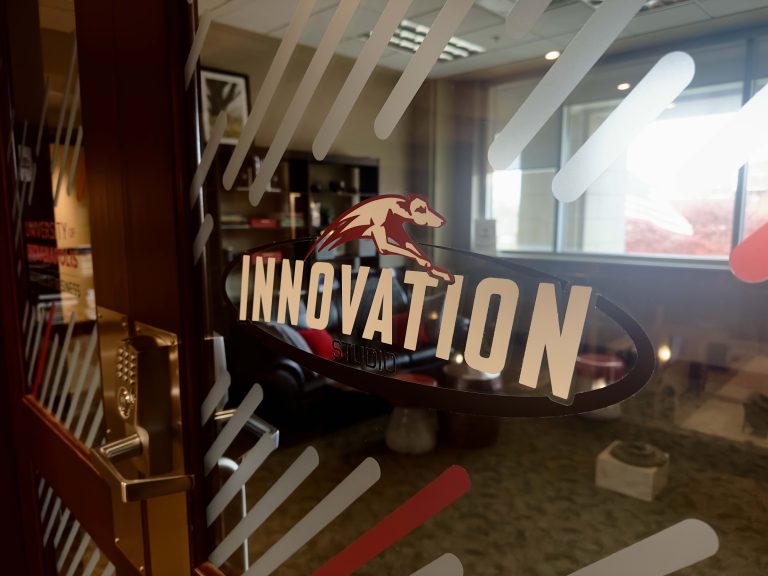The Black Male Initiative is a new campus organization dedicated to supporting Black male students in their pursuit of academic and professional development and success. University of Indianapolis Vice President and Chief Inclusion and Equity Officer Amber Smith said that this organization is specifically designed to increase retention and graduation rates of Black men at UIndy. Sophomore religion and social work double major and founder Antonio Toliver said he started the organization with the assistance of the Office of Inclusion and Equity this semester after seeing a need for it on campus.
Toliver said he was involved with the Black Male Initiative at Rose State College in Oklahoma before he transferred to UIndy. While at Rose State, he said he discovered a passion for helping Black men and became involved in organizations dedicated to this.
After getting connected with members of OIE, Toliver said they mentioned a need for an organization like the one at Rose State. According to Toliver, he decided to initiate it and continues to maintain a partnership with the office.
“I’m working closely with Dr. Amber Smith and we’re putting together mentoring programs that can come out of this. So right now, we’re still in the beginning stages of trying to get it funded by the university because it is for the overall betterment of the university,” Toliver said. “We’re still laying the foundational pieces so that we can start getting things rolling.”
According to Smith, the retention rates for Black males at UIndy are lower than the baseline rates for the student population as a whole. She said this program is focused on bringing those numbers up to the standard rates. This will be done primarily through mentoring programs.
“A student mentor operates as a liaison between faculty, staff and administration and a freshman student who may not know the institutional landscape,” Smith said. “Students, especially first-generation students, don’t know how to navigate college. A lot of your loss when it comes to retention is simply because people don’t know what to do … and if they don’t know what to do, they leave.”
According to Smith, the Black Male Initiative’s mentoring will have multiple levels. Professional mentors will mentor upperclassmen and the upperclassmen in turn will mentor lowerclassmen. Smith said the mentoring will cover a variety of topics such as interpersonal development, conflict resolution, individual leadership skills and etiquette, and is built around a holistic student development approach centered on social ties.
“It’s rooted in relationships. We are teaching students how to cultivate healthy relationships that help them thrive,” Smith said. “Relationships with faculty, staff [and] administration, relationships with their peers, relationships with the institution and also themselves.”
Smith said the initiative is currently at the leadership development phase. She said that things are slow due to starting off amid the COVID-19 pandemic, but mentors are still being recruited and events are currently being planned.
According to Toliver, some of the goals of the organization are to eventually provide scholarships, networking opportunities, professional development and assistance in career fields to members. Smith said they also want to provide culturally relevant experiences that empower Black males.








